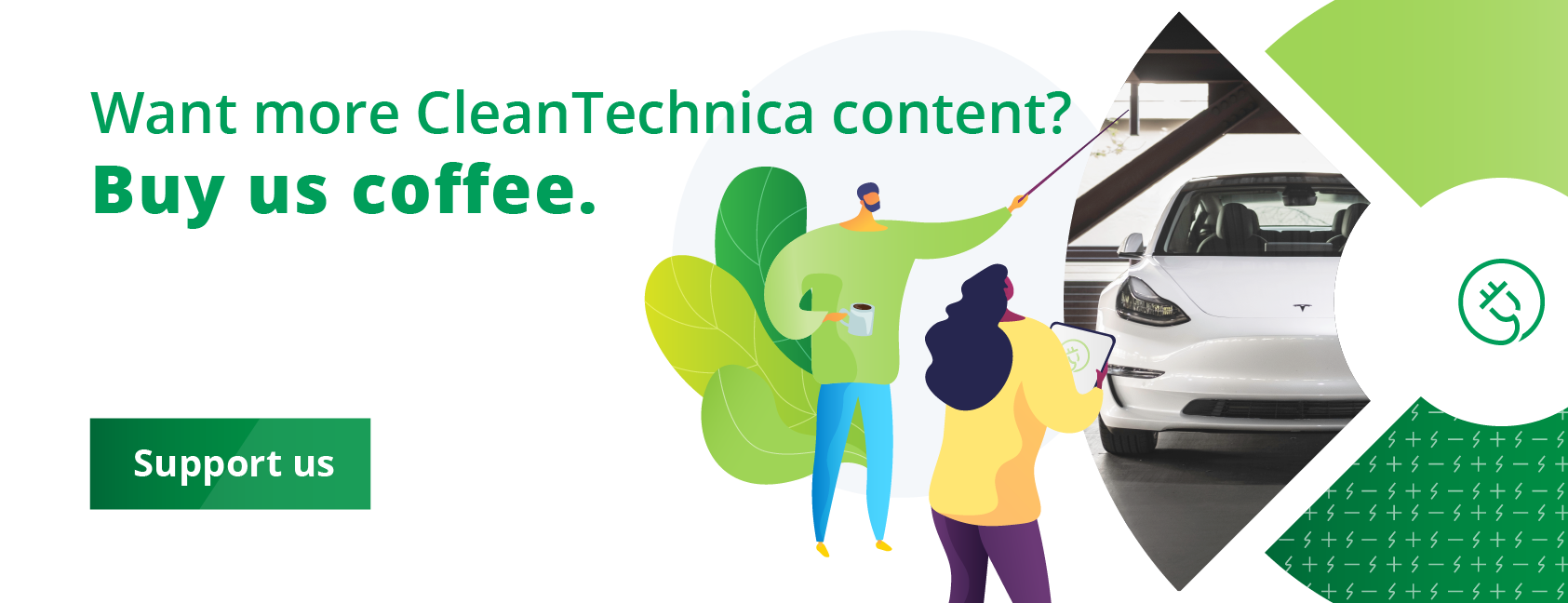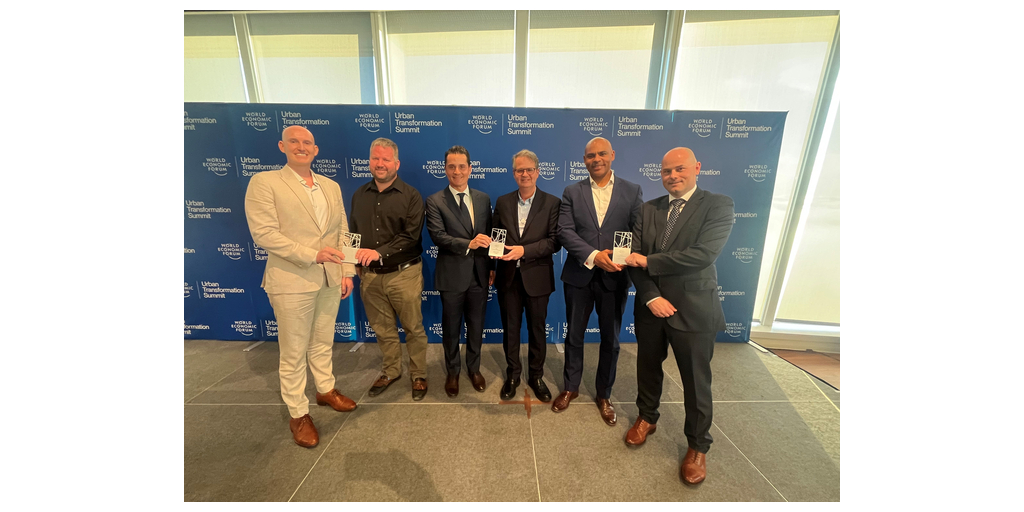
By the narrowest of margins — just 12 votes with 24 abstentions — the EU has approved a landmark law that will protect 20% of its land and fisheries from further degradation and help restore biodiversity throughout Europe. According to The Guardian, a scientific assessment published in 2019 found that nature is dying faster than humans have ever known as a result of climate change, pollution, and the way people exploit the land and sea.
The restoration law aims to reverse this trend and help the EU hit biodiversity targets it has previously failed to meet. It will put recovery measures in place on 20% of the EU’s land and sea by 2030 and cover all degraded ecosystems by 2050.
The proposed law has generated a great deal of pushback from conservative political factions and from farmers and fishing groups who warn it will threaten their ability to produce food and earn a living.
“It’s a huge social victory,” César Luena, a center-left member of the EU parliament from Spain who was a primary supporter of the proposal, told reporters. “This is a law on behalf of nature. It’s not a law against any person whatsoever.” The proposed law had previously been rejected by the fisheries and agriculture committees of the European parliament. A third committee, in charge of environmental issues, deadlocked over the proposal.
Following the vote this week, the new law, which was watered down somewhat in order to secure enough votes for passage, will be reviewed further by the environment committee before being brought to a vote before the full parliament later this year.
Opponents argued that the law would hurt food security and punish producers reeling from the pandemic and energy crisis. “Less land for farmers, less sea for fishermen, less activity for businesses, and fewer European products and jobs for our citizens,” said Rosanna Conte, an Italian MEP, during a heated debate on Tuesday. “These are the heavy repercussions of the proposals contained in a regulation permeated with ideology and counter-productive for nature itself.”
Scientists have rejected the claim that restoring nature is bad for food and the economy. In an open letter, 6000 scientists said opponents of the law “not only lack scientific evidence, but even contradict it.” They highlighted studies showing that restoring nature would improve food security, help fisheries, create jobs and save money. They argued that in the long term, it was climate change and nature degradation that constituted the highest threat and that the proposed policy would ensure sustainable food production.
“We are systematically hearing misinformation,” said Guy Pe’er, a conservation biologist at the Helmholtz Center for Environmental Research, who was first author of the letter. “Lobby organisations can generate as much misinformation as they want. But when policymakers are going against the science, we need to step in.”
Nature Needs Help In EU Countries
The Guardian says more than 60% of the soil used for growing food in EU countries is unhealthy and 81% of all habitats are in poor condition. A recent study found the abundance of farmland birds has halved in the past 40 years. Pe’er said it was unclear if even the dinosaurs died out that fast. He added, “Forty years is an extremely short time. In evolutionary terms, it’s the speed of a meteorite falling on us.”
Ursula von der Leyen, the president of the European Commission, is a proponent of the new law, but her own group, the European People’s Party, ran a vigorous campaign opposing the law. In the weeks leading up to the vote, the EPP tweeted that the proposed law would turn the Finnish city of Rovaniemi — which claims to be the official home of Santa Claus — into a forest. In another tweet, it said the law would shut down two wind farms in the Netherlands. In response, Wind Europe, a wind industry lobby group, spoke with several experts who said they saw no reason why the new law should interfere with wind farms in any way.
Michael Bloss is affiliated with the Green party and is a member of the European Parliament from Germany. He said, “The louder you scream and the more false information you spread — that is sometimes a winning strategy. But the loser, in the end, is democratic debate.”
Farmers Opposed To Restoring Nature
The day before the vote, a phalanx of farmers drove their tractors to the European parliament and told MEPs to vote against the bill. Farmers and fishing industry representatives said the law demanded too much and did not clarify who would pay.
The EU wants the fishery industry to decarbonize its fleet and protect the environment using existing funding, said Daniel Voces de Onaíndi, the managing director of the fishing lobby group Europêche. “We want to implement this in a fair manner in the EU — and not with an environmental hammer.”
Clearly, any final version of the law has to protect those most affected by it from financial harm. Copa Cogeca, the farming lobby said the law remained “fundamentally ill prepared, lacks a budget, and will remain unimplementable for farmers and forest owners.”

Desperate Times Call For Desperate Measures
After decades of being warned about the cascading effects of a warming planet, beginning with James Hansen telling Congress in 1988 what the future held in store and continuing with Al Gore’s signature movie An Inconvenient Truth, the truth about a warming planet has been plain to see for anyone who cared to look. Most chose not to.
The result is the mess we are in now. The New York Times reports more than 61,000 people died last year in Europe as a result of extreme heat, according to a study published this week in the journal Nature Medicine, and researchers say the months ahead could be even worse. This year, 30,000 people were displaced in Northern Italy by the most severe flooding in over a century.
“We need nature to tackle the climate crisis, to absorb carbon, to cool cities and towns, to retain water on dry land, and to ward off flood damage,” Frans Timmermans, the EU parliament’s environmental policy chief, said last month. “We need to help nature restore itself if we want to meet our goals that we have already agreed to.”
In other words, if we take care of the Earth, the Earth will take care of us. It’s astonishing how many people reject that simple logic.
I don’t like paywalls. You don’t like paywalls. Who likes paywalls? Here at CleanTechnica, we implemented a limited paywall for a while, but it always felt wrong — and it was always tough to decide what we should put behind there. In theory, your most exclusive and best content goes behind a paywall. But then fewer people read it! We just don’t like paywalls, and so we’ve decided to ditch ours. Unfortunately, the media business is still a tough, cut-throat business with tiny margins. It’s a never-ending Olympic challenge to stay above water or even perhaps — gasp — grow. So …
Sign up for daily news updates from CleanTechnica on email. Or follow us on Google News!
Have a tip for CleanTechnica, want to advertise, or want to suggest a guest for our CleanTech Talk podcast? Contact us here.




